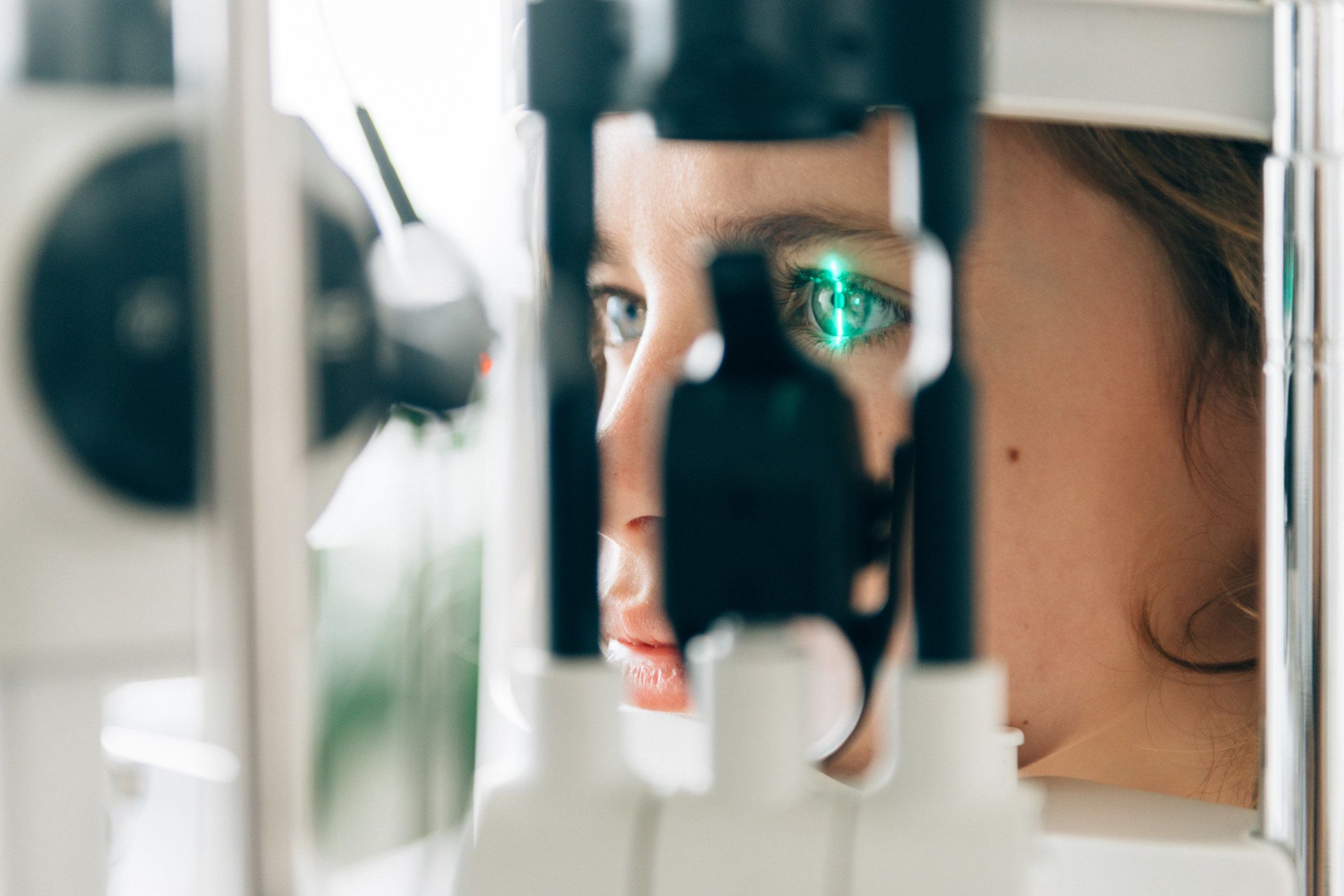Google-owned DeepMind AI can spot signs of eye disease as accurately as a doctor
Artificial intelligence developed by Google-owned DeepMind Health and used by the Moorfields Eye Hospital in London is as good as human doctors at identifying signs of eye disease.
The software is also as capable when it comes to recommending how patients should be referred for care, according to a report released by the specialist eye hospital.
Read More:
- AI can spot heart attacks over the phone with 95% accuracy
- Google AI can spot heart disease by staring into your eyes
Matching world-leading eye experts, the AI system "can recommend the correct referral decision for over 50 eye diseases with 94 percent accuracy," Moorfields said. The hospital added that it hopes the technology will revolutionize the way medical staff carry out eye tests, allowing them to spot conditions earlier and prioritize patients with the most serious conditions before they suffer irreversible damage.
What the AI does, is speed up the time it takes to analyse an eye scan and spot signs of disease. While a doctor can spend a long time studying the complex optical coherence tomography (OCT) scans of a patient's eye, the AI can work much more quickly while returning the same level of accuracy.
The AI was taught using two types of neural network, after which it could successfully identify 10 features of eye disease. After spotting the signs of disease, the system is able to recommend a referral decision.
The results were described by DeepMind Health co-founder Mustafa Suleyman as "incredibly exciting", who added that the technology "could, in time, transform the diagnosis, treatment and management of patients".
This is far from the first case of AI being used in a medical capacity. In January this year, Danish startup Corti announced how an AI was taught to spot the signs of a heart attack during 911 calls with 95 percent accuracy. Although still in the test phase, the AI listens out for signs of cardiac arrest in the background of calls, providing information to dispatchers about the patient which the person making the call may not have picked up on.
In February, Verily Life Sciences - another Google subsidiary - announced how its AI could spot heart disease with 70 percent accuracy by looking into a patient's eyes.
Having proven successful, the DeepMind system at Moorfields will now be put through clinical trials then regulatory approval, before it will hopefully be used in hospitals and other clinical settings worldwide.
DeepMind's AI technology was also used by Moorfields in 2016 to clean, curate and label the hospital's anonymized research dataset, producing one of the world's most advanced eye research databases.
(Check out The GearBrain, our smart home compatibility checker to see the other compatible products that work with Google Home and Home Mini.)
